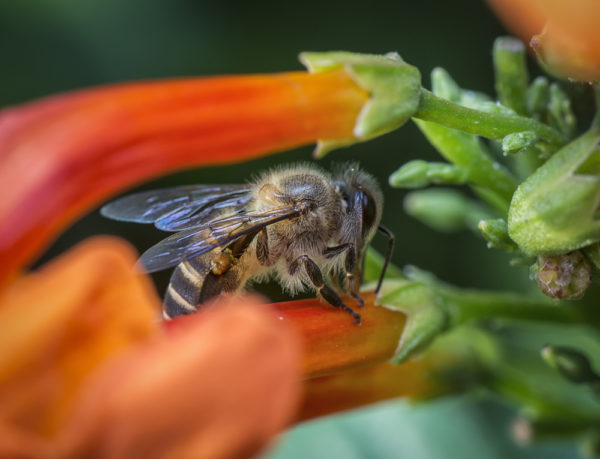When hives of the African lowland honeybee (Apis mellifera scutella) collapse, they do so because of an invisible inner threat: the growing, immortal clone army of a rival bee subspecies.
That army is possible because the female workers of the rival subspecies — the South African Cape honeybee (Apis mellifera capensis) — can create perfect copies of themselves, with one individual found to have done so millions of times in the past three decades. With this perpetual-cloning ability, the Cape honeybees sneak into the hives of their lowland honeybee rivals and churn out copy after copy (no need for a queen). Even worse, these clones are freeloaders, refusing to do any work.
Now, a new study has revealed the genetic foundations of the strange and formidable adaptation. Unlike most animals, and even their own queen, the female workers do not reshuffle the DNA of the eggs they lay. This enables the workers to consistently recreate a perfect copy of themselves — a clone — each time they reproduce. According to the researchers, the sidestepping of this DNA-reshuffling process is unlike anything they’ve ever seen.



